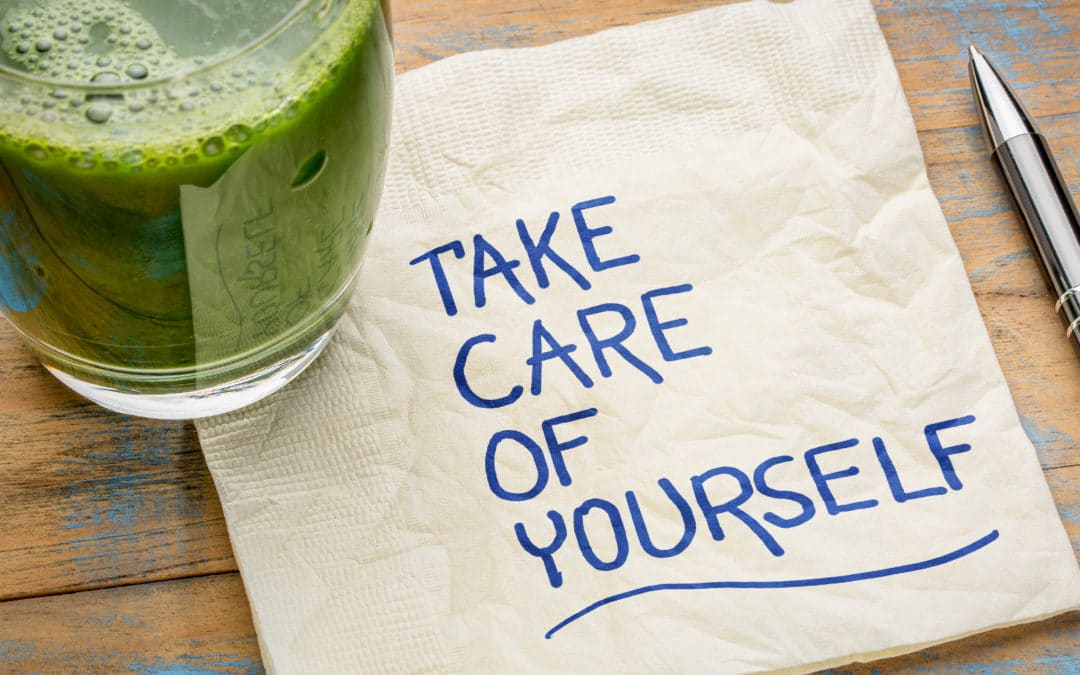Last month, LMC surveyed our patients about their diabetes health journey and asked them to share some of their personal advice. We received so much wonderful advice (over 700 hundred pages worth!) and we’d like to share some of that advice with you!
A1C
We were happy to see that 87% of the LMC patients we surveyed know what an A1C is, and 77% know what their recent A1C is.
A1C is a lab test that measures blood sugar control over a 3 month period. 82% of you also knew that most people with diabetes should aim for a result of 7% or less to avoid long-term complications. Keeping your blood sugars between 4-7 mmol/L fasting and 5-10 mmol/L 2 hours after a meal can help you achieve this goal.
Here’s some advice our patients wanted to share with others living with diabetes to help them achieve their A1c target.
“Your health needs to be priority! Eating properly, exercise, sleep and last but not least stress control.”
“Managing diet, in my opinion, has the most impact on A1c. So knowing how your body reacts (e.g. BGs) to different foods and amounts of carbs will help to make sure insulin dosages correspond with the expected BG rise.”
“Follow the Doctor’s advice and take prescribed medicine regularly and on time.”
“Watch your diet. Make sure to take medications. Be sure to check blood sugars before meals, after meals, after snacks.”
“DO YOUR BEST AND DON’T GIVE UP. SOME DAYS ARE HARD BUT KEEP POSITIVE THAT THE NEXT ONE IS GOING TO BE BETTER.”
“Stay positive. You are in control. Make the changes that you need to make. You have people who love you & care about you, so don’t do anything that will worry them. In other words, don’t be selfish & instead of feeling pitiful be thankful of the medications, Dr’s & health providers that are there for you. You can do it because you have the power”
Blood Pressure & Cholesterol
90% of our patients have had their blood pressure tested in the past 6 months. 94% know that you should aim for blood pressure to be <130/80 – this helps protect our heart and kidneys!
Almost half of our patients surveyed didn’t know their cholesterol target, and even less know what their last cholesterol level was! Cholesterol is a soft waxy substance made by our bodies. LDL is what we call the “bad” cholesterol, and it contributes to the build-up of plaques in the arteries, which can increase the risk for heart attacks and strokes. This is why you should aim to keep your LDL cholesterol levels less than 2.0mmol/L.
Here’s some advice our patients wanted to share with others living with diabetes to help them achieve their blood pressure and cholesterol targets. The common themes were:
-
Reduce/watch sodium and saturated & trans fat intake
-
Exercise regularly
-
Manage stress
-
Accept help from medications
“Exercise; reduce stress; reduce salt intake…meditate…optimize sleep hours. Stress is my biggest culprit…so I am focusing on increasing sleep and trying really hard to stay calm.”
“Eat a healthy diet, reduce sodium and caffeine, exercise and reduce stress. Take blood pressure medication if necessary.”
“Lighter on the salt, try and control anger, do some relaxing activity every day. Read, do crafts, go for a walk, play With your pet etc.”
Drugs (medications)
We asked our patients at LMC why it’s important to take your medications, and their advice on how to remember to take their medications.
“To keep my body functioning as normal as possible and not develop other health ailments”
“The end result of uncontrolled diabetes is not desired. From vision to feet health and the overall strain on all other organs.”
“They help to control my diabetes and if taken correctly and combined with a healthy lifestyle can help to improve and prolong my life.”
“To keep my sugar levels at the appropriate range, maintaining this and ensuring levels are not too high, as this causes medical problems that will be more longer term and a problem.”
“It’s important because ending up in DKA has hospitalized me many times, it makes you hallucinate, vomit, feel so cold. Eventually we end up killing our bodies If we don’t manage it the right way. Living with chronic pain is terrible, and knowing that if you’d just cared a little more and just a little sooner, you wouldn’t have to hurt so much which is a terrible thing to go through.”
“Take medications at the same time every day.”
“Keep your medications where you will see them daily (i.e. keep them visible), and use a medication container labelled with the days of the week.”
“Set alarms/notifications on your phone to remind you to take the medications.”
“I put my medications in a weekly box, I take some with my breakfast and some with dinner; I have my insulin injection at night when I brush my teeth. I never forget.”
“Be conscious and aware of the need to properly medicate in order to control the disease [process] and prevent complications. Keep a calendar schedule if necessary.”
“Make the time for yourself. Self-managing is all on you. Set the right goals, make a to-do list and never be too hard on yourself. Lapse in judgement can happen, we are only human, but always remember to pick yourself up and be accountable.”
“Make sure you have the best support system you possibly can. If your family and friends aren’t able or willing to be there for you, your Endo. team will be! It took awhile, but having people who are willing to help when you’re having bad days makes you want to take your medication on time, every single time. Also having a CGM is really helpful. It won’t fix your problems, but it will help you understand what’s good for your body, and it can help prevent the extreme highs and lows.”
“Following a daily routine and asking family members to help remind you take medications if possible”
Exercise & Healthy Eating
Exercise is a great way to help your blood pressure and maintain a healthy weight over time. You can use exercise to bring down a high blood sugar if you have overindulged or suddenly find your sugars higher than usual. Here are some exercises our patients enjoy doing – hopefully some of these will inspire you!
-
Walking and jogging
-
Biking
-
Weight lifting
-
Sports like basketball, canoeing, swimming and golf
-
Aerobics
-
Swimming
-
Dancing
-
Yoga
-
Gardening
-
Kickboxing

